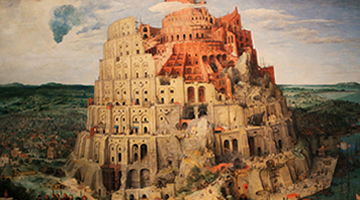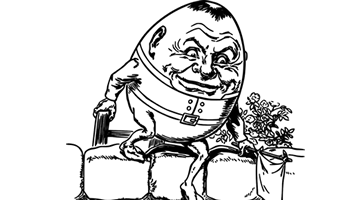Inspiration
The Siyum Hashas, Met-Life and Goshen
By Rabbi Moshe Taragin

Inspiration
Is Anti-Zionism Anti-Semitism? Does it Matter?
By Rabbi Moshe Taragin

Inspiration
Cyber Towers of Bavel
By Rabbi Moshe Taragin

Inspiration
A Parsha Lesson from Humpty Dumpty
By Rabbi Moshe Taragin
Israel
Selichot, Teshuva and Elections in Israel
By Rabbi Moshe Taragin
Inspiration
Defending Nationalism
By Rabbi Moshe Taragin
Inspiration
Kosher World
By Rabbi Moshe Taragin
- 1
- 2
Subscribe To The OU’s Shabbat Shalom Weekly Newsletter
Weekly email newsletter filled with articles, Divrei Torah, upcoming events and more! Sign up today.